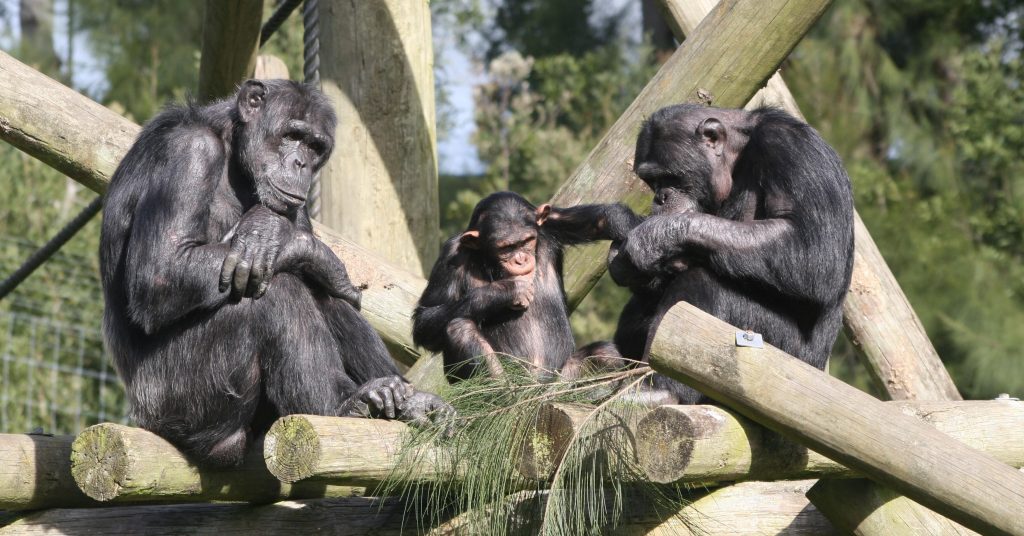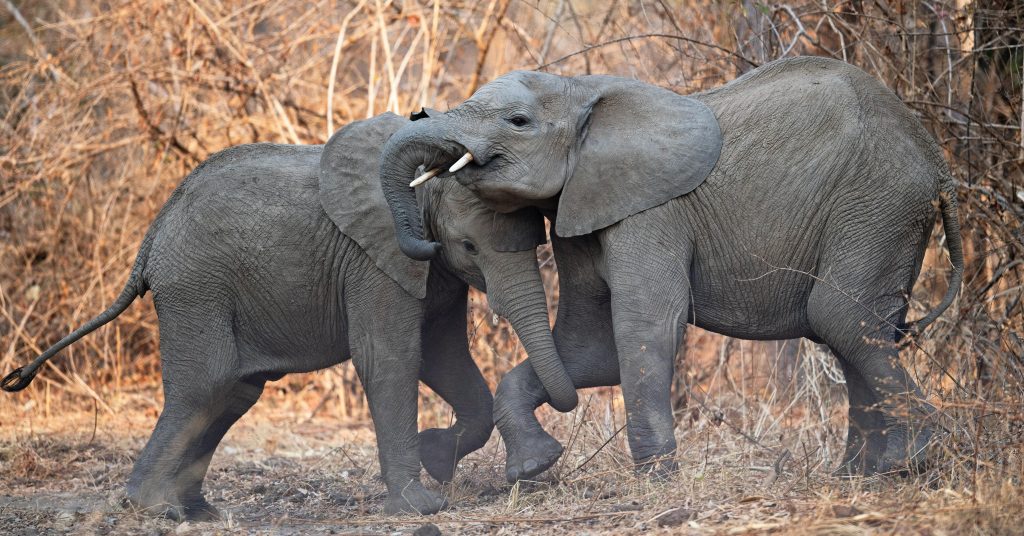People say that their cat took revenge on them, and the media write about monkeys taking revenge on dogs. We decided to find out whether animals are capable of revenge.
About how pets, out of revenge, put a pile in the wrong place or ruined things, often they tell home owners cats and dogs. Is it revenge or something else, they argue forums. But this ability is not only attributed to pets. There are whole collections cases where animals - from camels to tigers — harmed people out of revenge. And not only to people. Latest Well-Known Case - Monkeys in India killed more than 250 dogs: they threw them from trees and roofs of houses. By messages Media, it was revenge for a baby torn to pieces by dogs.
As it turned out, zoologists primarily study the relationships of animals within a species: whether they take revenge on their own kind. The revenge of animals is sometimes observed by scientists who study their ability to cooperate. After all interaction can be expressed in useful behavior - hunting together, sharing food, protecting the flock from enemies. Or maybe in a destructive way: to represent “an eye for an eye, a tooth for a tooth.”
Biologists Frans de Waal and Leslie Luttrell studied primates' understanding of response behavior from their peers. They observed for groups of captive monkeys: chimpanzees, bear macaques and rhesus macaques. All three species cooperated within the pack for the common good. But the other side of reciprocity - the “revenge system” - was discovered only in a group of chimpanzees. If individual A often showed aggression towards individual B, individual B responded in kind. In macaques, the opposite is true: the more often A attacked B, the less often B allowed herself aggression towards A. Scientists believe that this is due to a strict hierarchy in macaque flocks. The hierarchy does not allow them to act against individuals with a higher social status.

Another scientist who studied macaques, Vladimir Dinets, claims that macaques don’t care take revenge, they just do it less obviously: if they cannot respond to a strong offender, then they will attack someone weaker, for example, his relative. However, even in cases where the behavior of animals resembles revenge, we are still not talking about long-nurtured plans to cause harm to another, but about enough fast answer.
Animals whose vengefulness is legendary are elephants. There is a lot about one of the most striking manifestations of this vindictiveness. wrote in 2003–2006. Then the elephants, who had previously lived quietly in the African savannah, began to attack villages more often and for no apparent reason, trampling crops and buildings. To take revenge, you need to at least remember the offense, and memory in elephants it is better developed than in other mammals. “They are definitely smart enough and have a good enough memory to take revenge,” spoke elephant researcher Dr Joyce Poole.
However, other scientists believe that the elephants that attacked villages did not take revenge, but showed psychological trauma in this way. The elephants suffered from chronic stress: a generation of young animals grew up who saw their relatives killed by poachers. At the same time, due to poaching and clumsy attempts to control the size of herds of older, experienced elephants, there were fewer, and the social structure of the elephant herd collapsed, leading to conclusion psychologist Guy Bradshaw.

The concepts of mutual benefit—and revenge—are linked to the concept of fairness. And some animals have it too. Capuchin monkeys react poorly to injustice, found study. Two monkeys were given either grapes or a less attractive cucumber for completing the same task. Both monkeys could see what the other was getting. The individual who received the cucumber was indignant and refused carry out tasks further after discovering that her colleague received better pay for the same work.
As a result of another experiment It turned out that the crows remember those who treated them dishonestly and do not want to interact with the offenders anymore. The raven was treated to bread. The experimenters then asked the birds to swap the bread for cheese, a more preferable treat. Some experimenters behaved “honestly,” that is, they accepted bread and gave cheese in return. Others took bread from the raven, but ate a piece of cheese themselves right in front of the bird. After such an interaction, all seven ravens participating in the experiment chose to change with the “honest” experimenter and did not agree to a deal with the “dishonest” one.
As for pets, people often mistake manifestations of fear, stress or health problems in your pet. If your animal's behavior has changed dramatically, it probably needs help, the biologist explained, and not the owner’s punishment. Feline "revenge"and dog "resentment" most likely exists in head from their owner, who attributes animals have human emotions and motives.
So science has not yet given a clear answer as to whether animals are capable of revenge. It depends on the type of animal, its intelligence and memory. In addition, where some scientists see revenge, others see aggression under the influence of stress.
This is not accurate
If you find a spelling or grammatical error, please let us know by highlighting the error text and clicking Ctrl+Enter.







